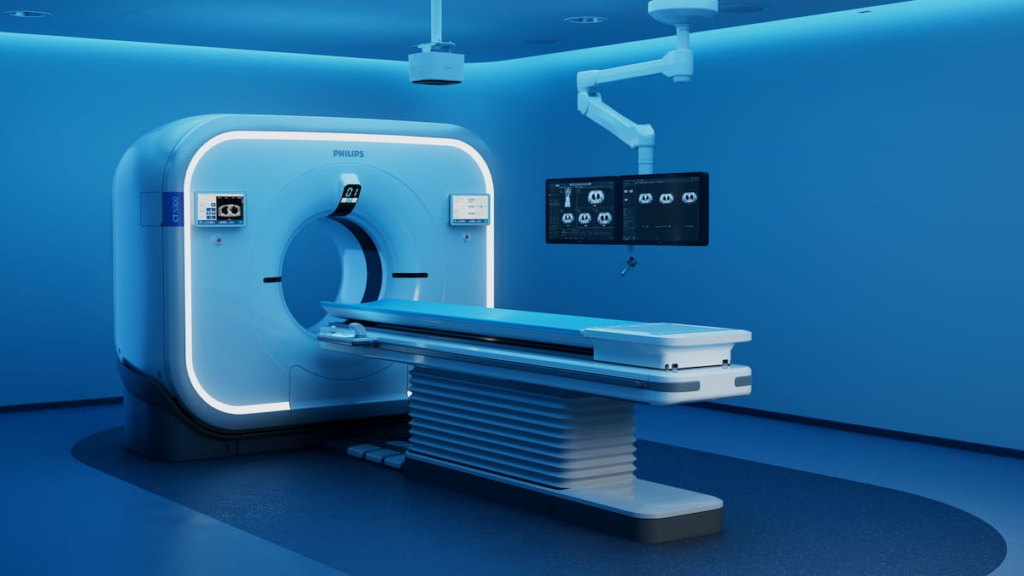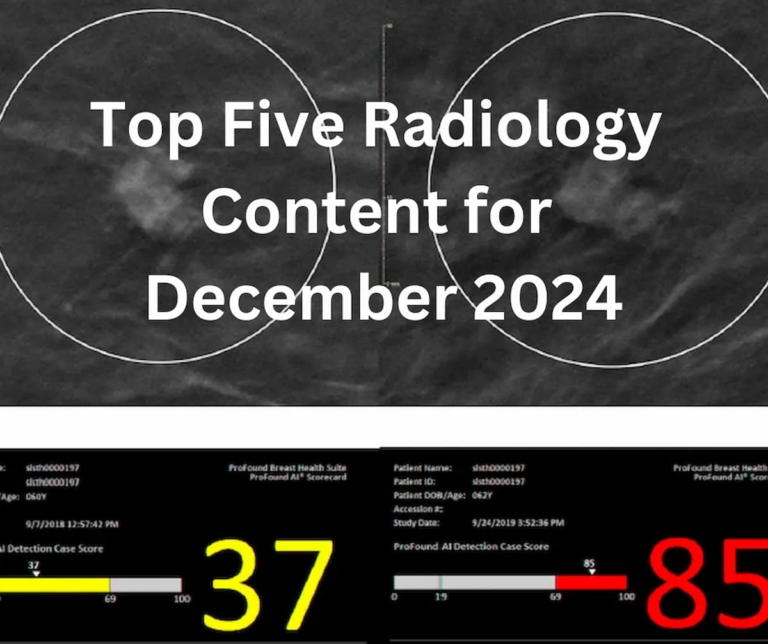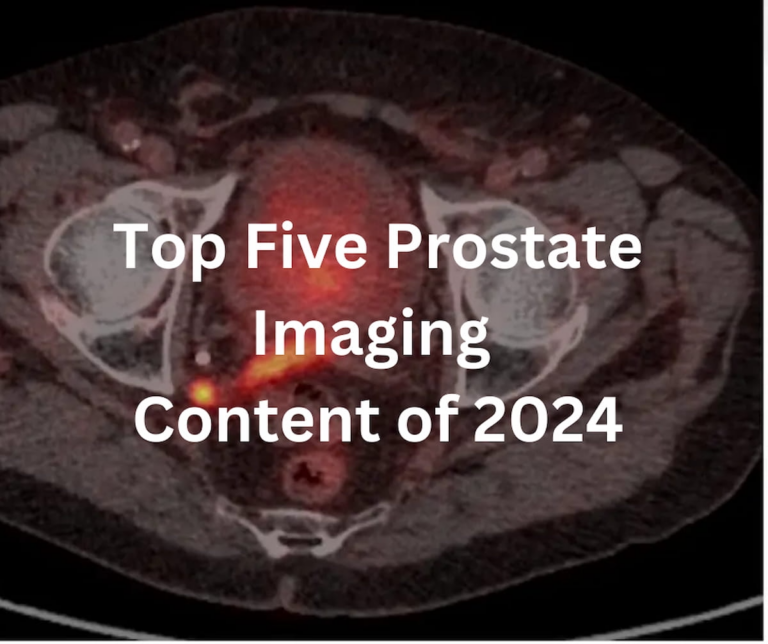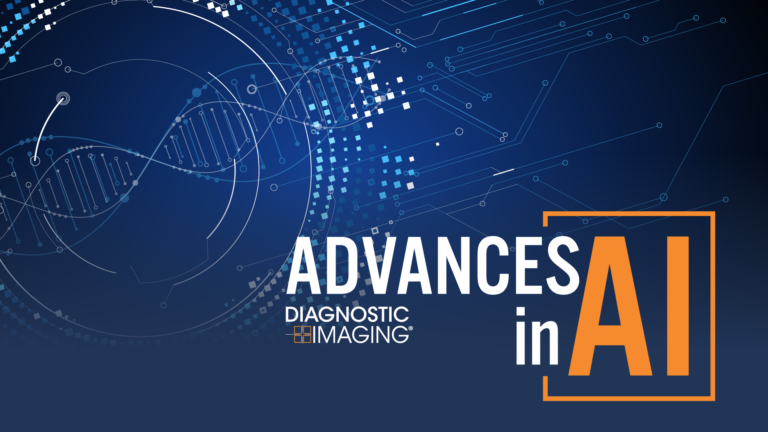
Philips is making waves in the medical imaging field with the introduction of its AI-enhanced CT 5300 computed tomography system. Unveiled at the Radiological Society of North America (RSNA) conference, this advanced system promises to transform the landscape of CT imaging with its cutting-edge features that center around improving image quality, reducing radiation exposure, and accelerating patient throughput.
Central to the CT 5300 is its CT Smart Workflow feature, a suite of AI-powered tools engineered by Philips to optimize efficiency in medical imaging operations. This system represents an innovation aimed at enhancing precision and reducing the time radiologists spend on patient positioning and image processing.
The CT 5300 brings several key benefits to the table:
-
Precise Position: This feature is designed to streamline patient setup. By leveraging sophisticated technology, it shortens the time needed for positioning patients by up to 23%. This improvement could significantly enhance the workflow in busy radiology departments where time is often a constraint.
-
Precise Image: Philips has integrated rapid image reconstruction capabilities into the CT 5300. This functionality enables images to be produced while reducing radiation exposure by a remarkable 80%. Such a significant decrease in radiation dose is a step forward in ensuring patient safety without compromising on image quality.
- Advanced Visualization Workspace: This element of the CT 5300 combines quick reporting functions with a robust, AI-powered post-processing platform. This scalable solution aims to improve the efficiency of image interpretation and reporting processes, thereby speeding up the dissemination of diagnostic information to healthcare professionals.
Dan Xu, who leads the CT division at Philips, emphasized how the CT 5300 merges innovative hardware and sophisticated software, complemented by AI integration. According to Xu, the system is equipped with the unique NanoPanel Precise detector alongside ultra-low noise image reconstruction technology, which, together with AI-driven solutions, aims to enhance productivity in healthcare settings. Xu highlighted that these advancements in CT imaging not only bolster diagnostic accuracy and confidence but also cater to the urgent need for efficiency amid a global shortage of skilled radiologists and technicians.
By integrating such advanced technologies, Philips envisions making high-quality medical care more accessible and affordable, thus aligning with the broader goal of meeting the growing demand for effective healthcare solutions. As AI continues to evolve, systems like the CT 5300 illustrate the potential to reshape medical imaging practices, paving the path for next-generation diagnostic tools that promise faster, safer, and more accurate diagnoses.


